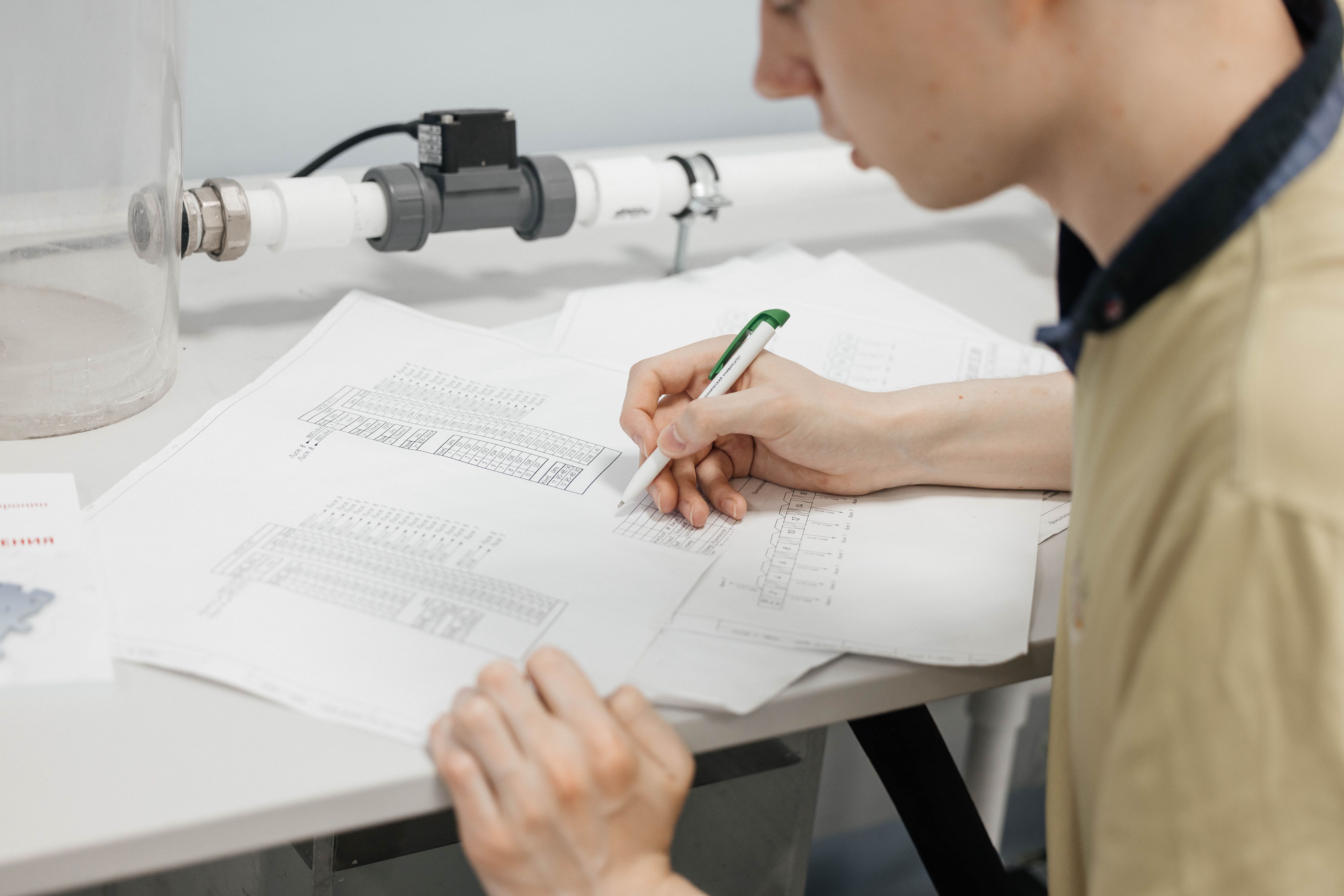

Introducing Your Degree:
National Research Tomsk Polytechnic University has been providing for training specialists in a range of fields, including mining and processing of uranium ore, reprocessing and storing of spent nuclear fuel and a lot others, for more than 60 years.
One of the remarkable features of the programme is that TPU is one of the Rosatom core universities, which provides its international students with a unique opportunity to conduct research at the premises of its own only-in-Russia university research and training reactor. The research topics generally involve studies of operational modes, in-core systems and controls, material properties, technologies of nuclear doping of silicon and the production of isotopes for medical purposes, including ready forms of radiopharmaceuticals.
Another important characteristic of the programme is that accepted students have an opportunity to complete industrial internship at the premises of ROSATOM enterprises, which enables graduates to apply the obtained knowledge and skills in practice.
Programme overview
The Master’s programme offers students an extensive and detailed education in the key areas pertaining to nuclear technology. The programme aims to prepare students to develop engineering careers in the atomic fields that require specialized knowledge and skills. In general, programme graduates are expected to lead engineering careers in industry, government or go on to study for a doctoral degree.
The programme provides its graduates with the depth and breadth of knowledge and skills, which are required to perform successfully in an area related to operation of nuclear power plants. An accepted student is engaged in an in-depth study of particular research problems, such as development of perspective materials for nuclear fuel cycle, improving the operational characteristics of nuclear installations that emphasize theory and/or experimentation. The training and research are conducted under the guidance of research supervisors and a multi-disciplinary team of scientific and engineering faculty.
Main modules
- Reactor Physics
- Control and Safety of Nuclear Reactor
- Nuclear Reactor Design Project
- Design, Maintenance and Engineering of Nuclear Power Plants
- Labs at the premises of the Nuclear Research Reactor
Academic staff
- Vladimir I.Boyko, Sc.D professor
- Petr M. Gavrilov, Sc.D, professor
Laboratory facilities
- Research Nuclear reactor IRT-T
- Reactor analytical simulator complex of Russian Reactors
- NPP with VVER-1000 and BN-800 reactors
- Main coolant pump and its assisting systems
- Cooling circuit of control and protection system
- Feedwater heating system
- Main condensation system
- Protection and locking of NPP general systems equipment
- Modern spectroscopic complexes (Canberra Ind.)
- Analytical complex for security systems, identification devices, means of detection and video recording
- Lab of radiation sources research
- Lab of nuclear power installations processes modelling
- Lab of nuclear and radioactive materials analysis
- Lab of NPP materials
- Lab of thermal hydraulic processes research in NPP equipment
- Lab of modelling the processes in NPP equipment
- Software and methodological resource base: MCU5TPU, WIMS, MCNP
Learning outcomes
By the end of the study, graduates are expected to:
- apply deep, mathematical, scientific, socio-economic and professional knowledge for theoretical and experimental research in the field of nuclear energy, nuclear materials and nuclear power installations;
- develop new and original ideas and design methods for solving engineering problems in areas related to nuclear fuel cycle, modernization and improvement of its advanced technological chains;
- plan and carry out analytic, modeling and experimental research in the nuclear fields relying on the latest achievements of science and technology;
- assess the prospects of the development of nuclear industry, analyze radiation risks and scenarios of potential accidents, develop measures to reduce risks and ensure nuclear and radiation safety in compliance with international laws and regulations, as well as make expert decisions;
- acquire practical working experience at the nuclear research reactor.
Career opportunities:
Graduates from the TPU develop careers in science and research, and industry.
Career fields and types of organizations:
- National nuclear power plants
- National regulatory bodies
- Nuclear Educational institutions
Positions: engineer, lecturer
Internships: TPU’ premises (nuclear research reactor, laboratory facilities), ROSATOM enterprises
Postgraduate Opportunities (Further Studies):
Graduates are offered opportunities for further education in TPU: postgraduate study.
Programme Structure:
| № | Modules | Credits |
| Semester 1 | ||
| 1 | Economics | 3 |
| 2 | Professional English Language | 3 |
| 3 | Nuclear physics | 3 |
| 4 | Special chapters of advanced mathematics | 3 |
| 5 | Thermal Hydraulics in Nuclear Reactors | 4 |
| 6 | Thermodynamics | 4 |
| 7 | Dosimetry and protection from ionizing radiation | 2 |
| 8 | Materials of Nuclear Power Plants | 4 |
| 9 | Research work | 3 |
| Semester 2 | ||
| 1 | Professional English Language | 3 |
| 2 | Fundamentals of Nuclear Fuel Cycle | 3 |
| 3 | Turbine installation | 3 |
| 4 | Steam Generators for Nuclear Power Plants | 6 |
| 5 | Reactor Physics | 4 |
| 6 | Nuclear and Radiation Safety | 4 |
| 7 | Research work | 2 |
| 8 | Scientific research practical work | 6 |
| Semester 3 | ||
| 1 | Design, Maintenance and Engineering of Nuclear Power Plants | 4 |
| 2.1 | Nuclear Reactor Design Project | 4 |
| 2.2 | Steam Turbines Design Project | 4 |
| 3 | Control and Safety of Nuclear Reactor | 4 |
| 4 | Development of Basic Solutions for NPP Construction Team Project | 4 |
| 5 | Reactor Kinetics and Control | 4 |
| 6 | Lab practicum | 4 |
| 7 | Research work | 3 |
| 8 | Scientific research practical work | 9 |
Contact information:
Programme Head:
Dr. Vera Verkhoturova
2, Lenina Avenue, room 224
